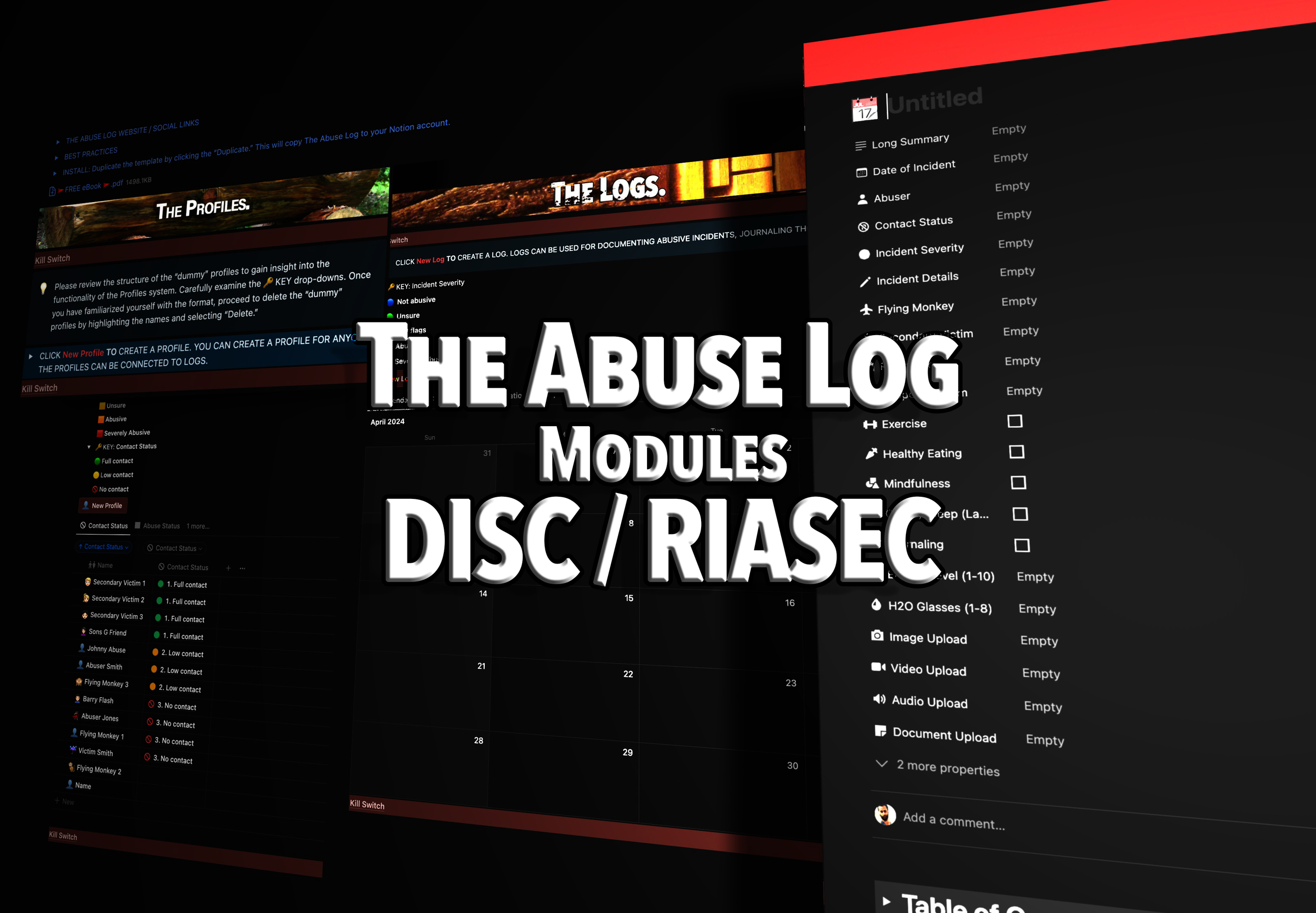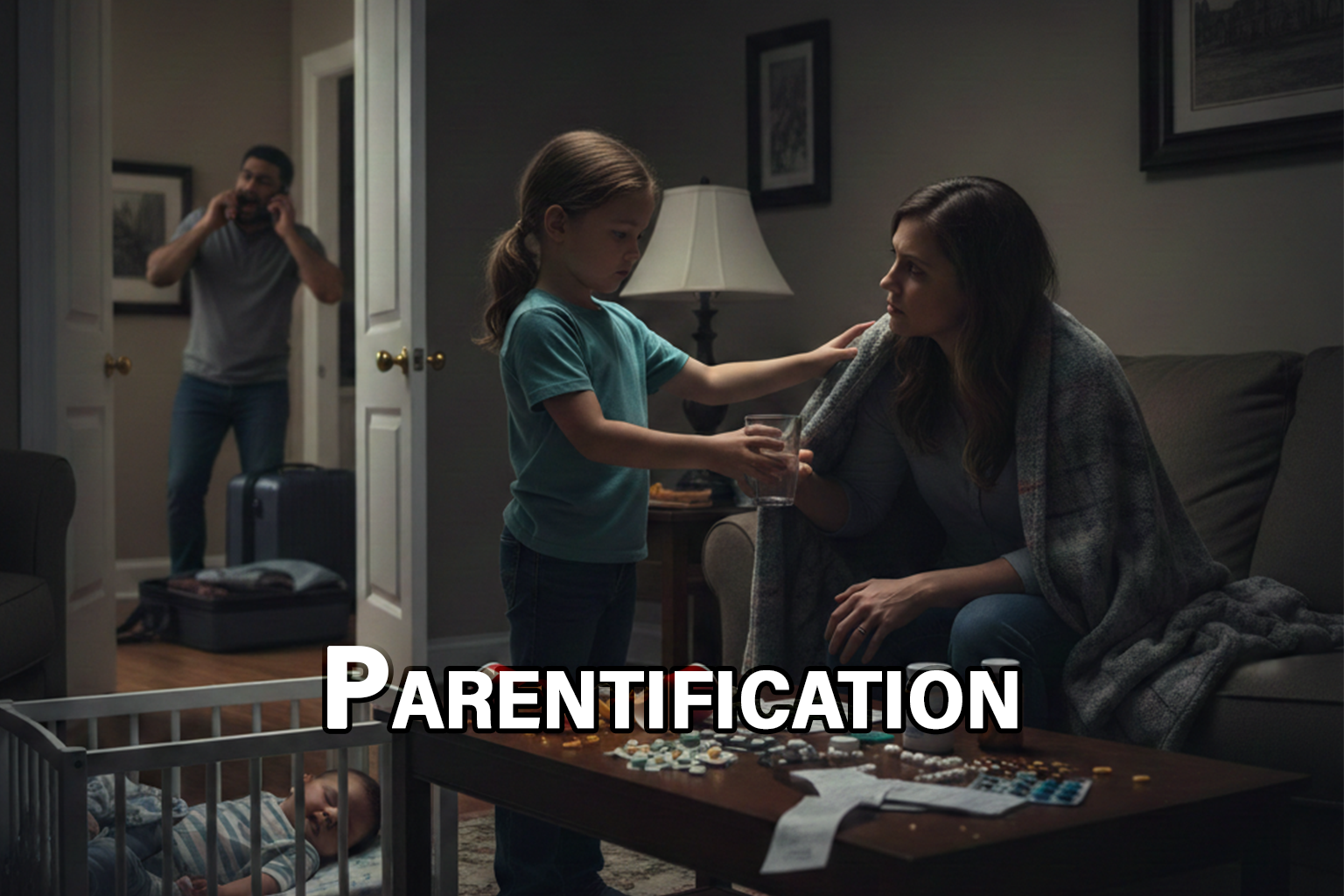When a Narcissist Develops Alzheimer’s or Dementia: The Unraveling of Manipulation
Narcissists thrive on control, power, and manipulation. They carefully construct a world where they dictate the terms, using psychological games to maintain their dominance over family, friends, and colleagues. But what happens when that control begins to slip away due to cognitive decline? When a narcissist develops Alzheimer’s or dementia, their ability to deceive, manipulate, and gaslight diminishes, yet their core traits often persist in altered and sometimes intensified forms. Understanding these changes is essential for caregivers and family members who have endured years of emotional turmoil at the hands of a narcissist.
The Persistence of Narcissistic Traits Amid Cognitive Decline
While memory loss and confusion characterize dementia, deeply ingrained personality traits often linger. A narcissist may no longer recall past events accurately, but their instinct to control, blame, and dominate remains.
1. Paranoia and Suspicion Intensify
As dementia progresses, paranoia becomes a common symptom. For narcissists, this tendency is magnified. They may believe their caregivers or family members are stealing from them, lying to them, or plotting against them. This belief often leads to false accusations and emotional outbursts, which can be deeply distressing for those providing care.
2. Amplified Projection and Blame
A narcissist with dementia may struggle to recall their own actions but will still project their fears and insecurities onto others. They may blame caregivers for their forgetfulness, accuse loved ones of betraying them, and deny obvious lapses in memory. Their instinct to shift blame remains intact, even as they lose grip on reality.
3. Increased Emotional Volatility
Mood swings are common in dementia patients, but in narcissists, these swings often manifest as exaggerated rage, sulking, or self-pity. Because they have spent a lifetime avoiding responsibility for their feelings, they may lash out at caregivers rather than acknowledge their own distress.
The Decline of Manipulative Capabilities
While a narcissist may still attempt to manipulate those around them, their cognitive impairment limits their ability to do so effectively. This shift can be disorienting for both the narcissist and their long-suffering family members.
1. Fabrication and Deception Become Less Coherent
Narcissists are skilled at weaving elaborate lies, but dementia makes it difficult to maintain consistency. Their stories may become nonsensical, contradictory, or childlike in nature, exposing their deceit in ways that were once concealed.
2. Triangulation Efforts Deteriorate
A hallmark of narcissistic manipulation is triangulation—pitting people against each other to maintain control. As their cognitive function declines, their attempts at manipulation may become more obvious and less effective, leading to frustration and outbursts when their tactics fail.
3. Demand for Special Treatment Continues
Even as their awareness diminishes, narcissists often maintain an inflated sense of entitlement. They may expect caregivers to prioritize their needs above all else, dismissing the struggles and exhaustion of those around them. They may refuse standard medical care, insist on unnecessary accommodations, or react with fury when treated like other patients.
Regression to a More Primitive Narcissistic State
As dementia strips away a narcissist’s cognitive abilities, they often revert to a more primitive state of narcissism, where entitlement, rage, and neediness become more blatant.
1. Tantrum-Like Behavior
Just as a child throws a tantrum when they don't get their way, an aging narcissist with dementia may scream, cry, or lash out when they feel ignored or powerless. This behavior can be exhausting for caregivers, who may struggle to balance compassion with self-preservation.
2. Extreme Dependence Coupled With Contempt
Despite their past emphasis on independence and superiority, narcissists often become extremely dependent in their later years. This dependency, however, does not come with gratitude. Instead, they may belittle and criticize the very people who are providing their care.
3. Denial of Their Condition
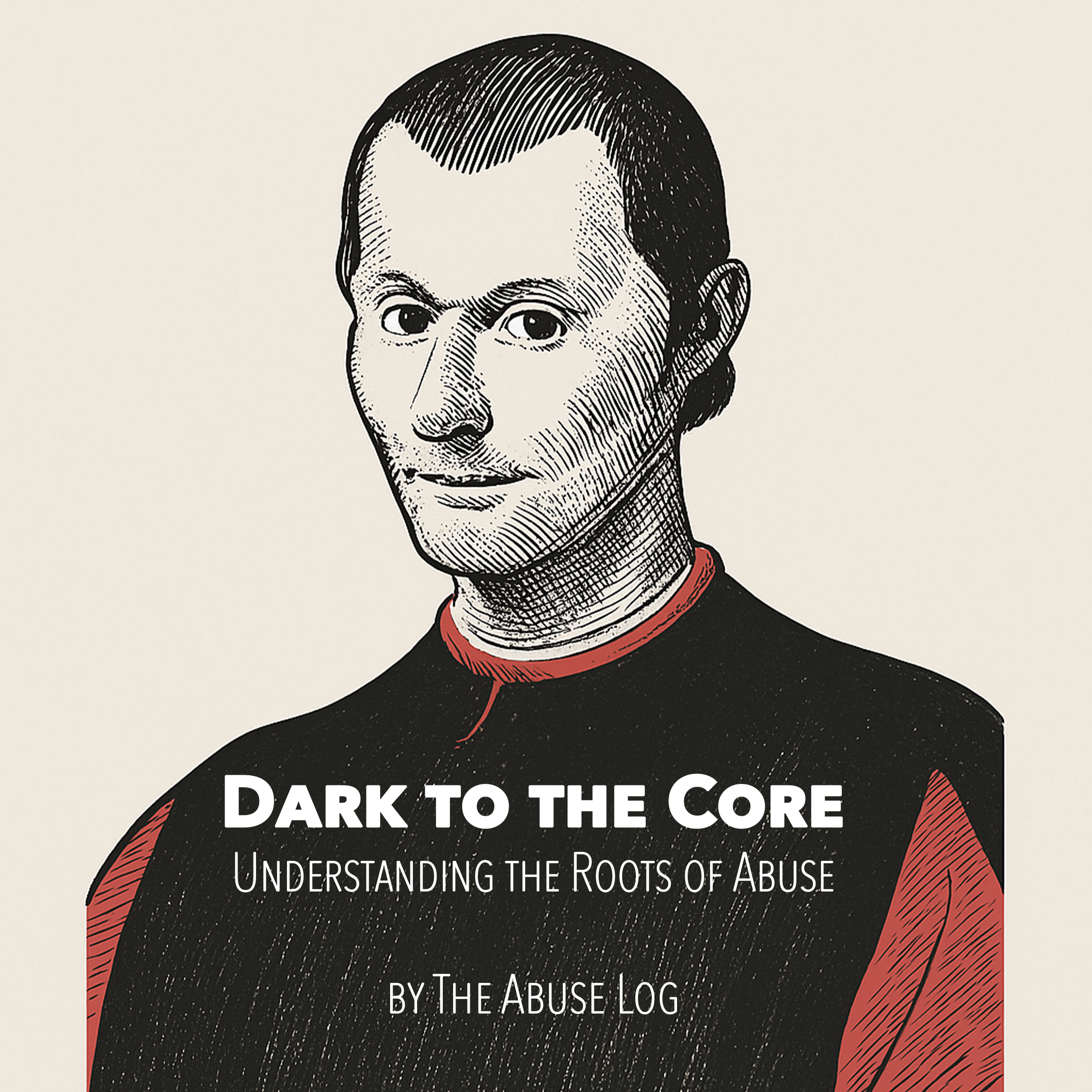
Admitting weakness is anathema to a narcissist, so they may refuse to acknowledge their cognitive decline. Even when faced with medical evidence, they may insist that others are mistaken or conspiring against them.
Family Dynamics and the Burden of Caregiving
Caring for any dementia patient is challenging, but when the patient has a history of narcissistic abuse, the situation becomes even more complex. Many adult children or spouses of narcissists wrestle with conflicting emotions: obligation, resentment, guilt, and the hope that this illness might finally change the person who has caused them so much pain.
1. The Manipulation of Caregivers
Even in advanced stages of dementia, a narcissist may use guilt, fear, or obligation to control those around them. They may weaponize their failing health to extract sympathy, attention, or financial resources.
2. Warped Memories That Serve Their Narrative
A narcissist with dementia may misremember past events in ways that validate their self-image. They might claim they were a loving parent when, in reality, they were neglectful. This selective memory can be deeply frustrating for those who remember the truth.
3. Resistance to Care and Medical Advice
Because narcissists view themselves as superior to authority figures, they may refuse medication, ignore medical instructions, or lash out at doctors. This defiance can complicate treatment and increase stress for caregivers.
Final Stages: The Loss of Identity vs. Narcissistic Resistance
As dementia reaches its final stages, a narcissist’s ability to recognize themselves and others fades. However, their resistance to dependence and decline may persist.
1. Clinging to Past Status
A narcissist may fixate on their former achievements, insisting they are still in control despite overwhelming evidence to the contrary. They may boast about wealth, influence, or past successes long after these things have ceased to be relevant.
2. Hostility Toward Dependence
Narcissists despise feeling weak or vulnerable, which makes the realities of late-stage dementia particularly difficult for them. They may lash out at caregivers or isolate themselves rather than face their dependence on others.
3. The Emotional Toll on Survivors
For those who have endured a narcissist’s abuse, their cognitive decline can bring a mix of emotions—relief, sadness, and unresolved anger. Many caregivers struggle with the question: Do I owe them my care? The answer is deeply personal and depends on the history of the relationship, the boundaries set, and the emotional well-being of the caregiver.
Conclusion: Navigating the Uncharted Territory
When a narcissist develops dementia, their psychological armor begins to crack, but the wounds they inflicted on others often remain. Their decline does not erase the past, nor does it necessarily bring the accountability or transformation that many survivors long for.
For those who choose to provide care, establishing firm boundaries is essential. Seeking external support from therapists or support groups can help navigate the emotional complexities of the situation. Ultimately, healing for those affected by narcissistic abuse comes not from the narcissist’s decline but from their own process of acceptance, release, and self-preservation.


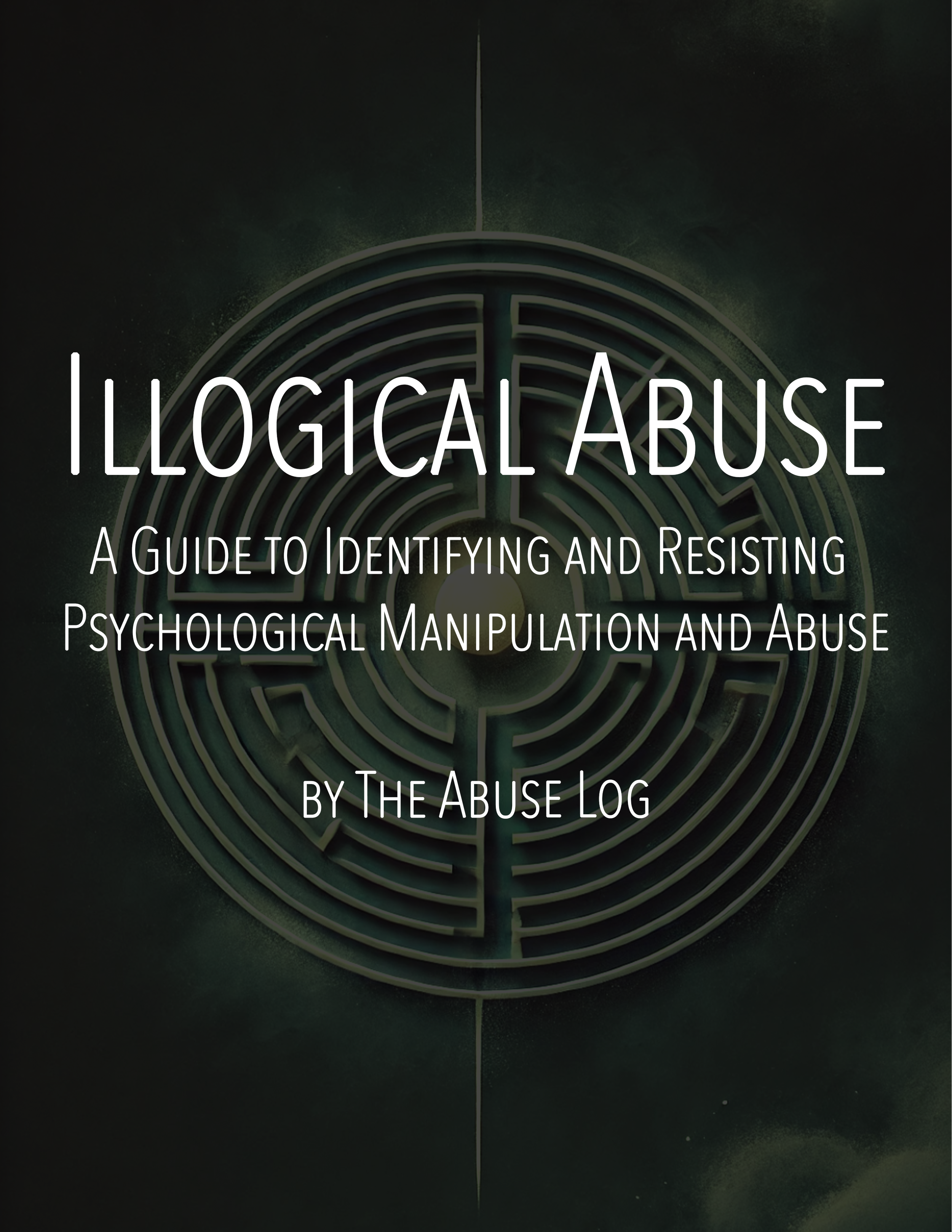

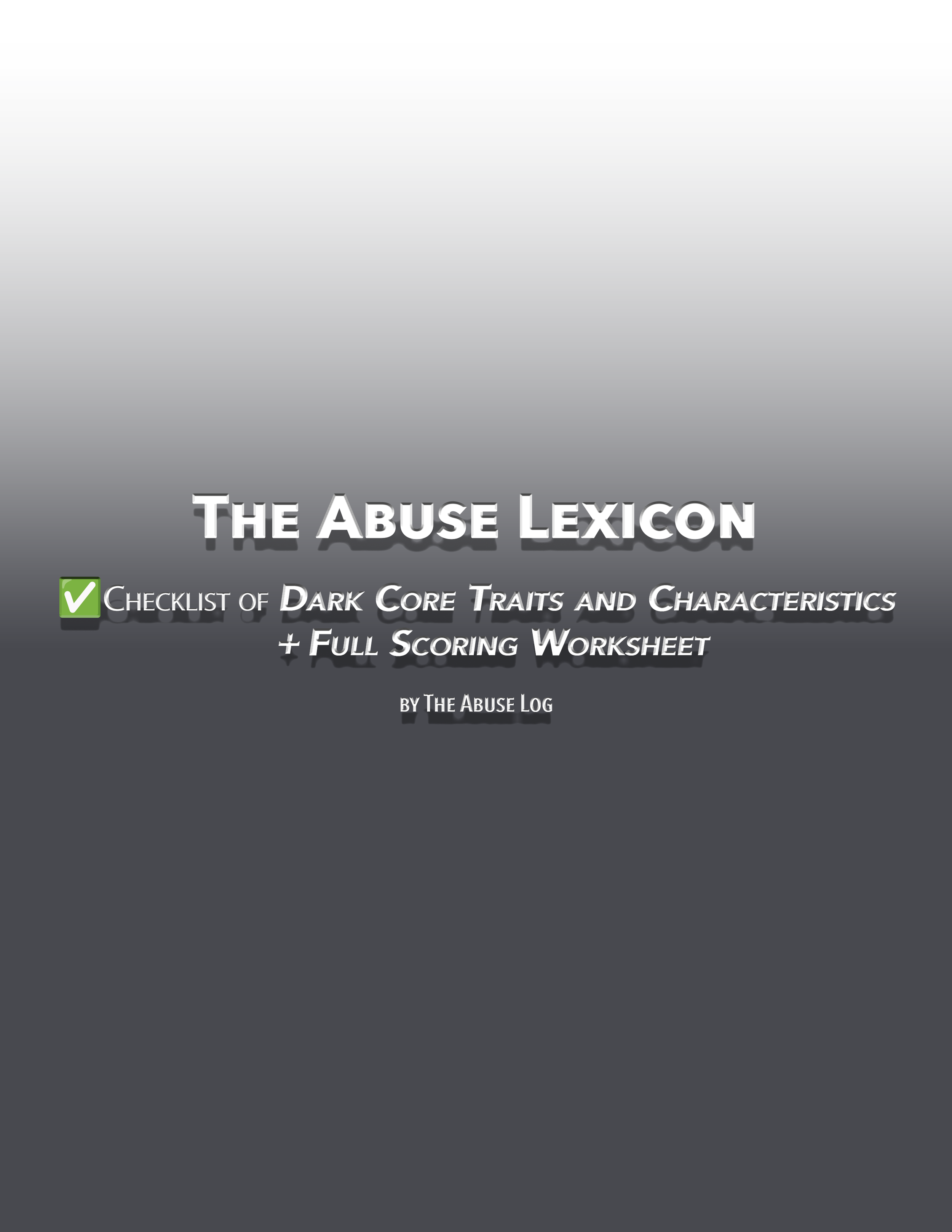


![The Abuse Log Notion Template [Basic]](https://images.squarespace-cdn.com/content/v1/65b9553c448d7e5b0ec1dfcd/4c83e581-b720-4cbe-83b1-2d72e7a9ac8a/Logo+Gumroad-Basic.png)
![The Abuse Log Notion Template [Advanced]](https://images.squarespace-cdn.com/content/v1/65b9553c448d7e5b0ec1dfcd/c3bb150a-a911-4f91-a23e-3621b98a2d55/Logo+GumroadAdvanced.png)
![The Abuse Log Notion Template [Professional]](https://images.squarespace-cdn.com/content/v1/65b9553c448d7e5b0ec1dfcd/7fa18cea-edf4-4325-8234-13f3527579c2/Logo+GumroadProfessional.png)








